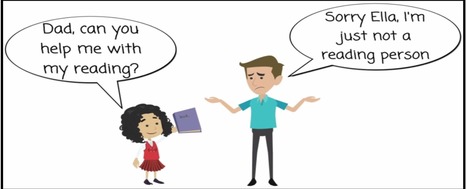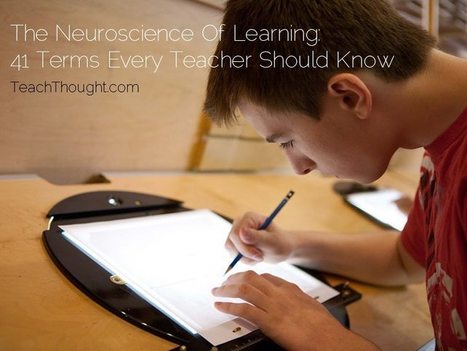Understanding how we learn has always intrigued educators and psychologists. Pioneers like Dewey, Maslow, and Vygotsky developed some of the first learning theories, but it wasn’t until education joined neuroscience that we’ve made significant advanced in understanding learning.
Researchers now understand that education is a science. Learning as much about how the brain learns and stores information is the next logical step in merging the two fields. The result is neuroeducation, which “serves to apply the scientific method to curricula design and teaching strategies.”
Neuroeducators take into consideration brain physiology and learning. Assuming that the brain has suffered no physical damage, it’s ready to learn, especially when teachers have learned how to use neuroeducation in their classrooms.
To make the most use of neuroeducation in the classroom, teachers can incorporate these critical findings:
Research and publish the best content.
Get Started for FREE
Sign up with Facebook Sign up with X
I don't have a Facebook or a X account
Already have an account: Login
Professional learning in a glance (or two)!
Curated by
John Evans
 Your new post is loading... Your new post is loading...
 Your new post is loading... Your new post is loading...
|

Koen Mattheeuws's curator insight,
December 7, 2017 4:39 AM
Verrijk uw neurologisch-didactische vocabularium en spreek voortaan eenzelfde taal in uw team.

Simon Vuillaume's curator insight,
December 15, 2017 3:54 AM
The Neuroscience of Learning: 41 terms every teacher should know.... As well as trainers and instructional designers ... Here are my top 17: - Affective filter - Cognition - Dopamine - Executive Functions - Hippocampus - Limbic System - Long-Term Memory - Metacognition - Neuronal Circuits - Neuroplasticity - Numeracy - Patterning - Prediction - Prefrontal Cortex - Rote Memory - Serotonin - Short-Term Memory (working memory) Don't forget to take care of your brain ! |












